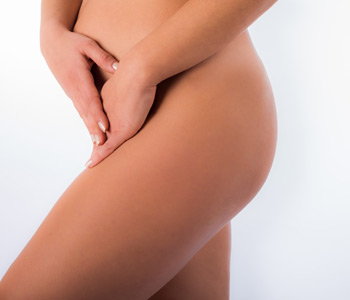Vaginal atrophy is a gynecological condition that is characterized by the thinning and inflammation of the vaginal walls along with vaginal dryness. This occurs during breastfeeding, menopause, or with a loss of estrogen. In fact, over half of the women who are postmenopausal may develop this condition. It can cause discomfort during intercourse and the reduced estrogen levels may result in a number of changes to the body. Patients with vaginal atrophy can seek medical assistance in reducing the symptoms and improving their sexual relationships.

Symptoms of vaginal atrophy include:
- Burning and irritation
- Painful sexual intercourse
- Decreased sex drive
- Light bleeding after penetration
- Discomfort during urination
- Urgent urination
- Chronic urinary tract infections
- Itching
- Vaginal discharge
- Decreased natural lubrication during sex
- Tightening of the vaginal canal
- Overall vaginal dryness

The primary cause of vaginal atrophy is a drop in estrogen levels. When less estrogen is produced, the tissues of the vagina become thinner and less elastic, resulting in dryness and fragile tissues. Reasons for a drop in estrogen may include breastfeeding, pelvic radiation (cancer treatments), menopause, perimenopause, and the removal of the ovaries.
Lifestyle factors that may increase one’s risk for vaginal atrophy include smokers and those who have not had sexual activity or vaginal births. Sexual activity is actually a benefit to reducing one’s risk as the blood flow increase can assist in elasticity of the vaginal tissues and help keep the vaginal muscles strong.
It is important to seek treatment for vaginal atrophy, as it can lead to an increased risk of vaginal infections, urinary tract infections, incontinence, and changes to one’s relationship with their partner due to decreased interest in sexual activity. Treatment can be started once a diagnosis has been made. This requires Dr. Gandhi of Partners in Pelvic Health North Shore Urogynecology to perform a physical examination. A pelvic exam, urine test, acid balance test, and hormone testing may also be completed to ensure proper diagnosis of the condition and confirm lowered estrogen levels as the culprit. Typical treatment includes estrogen creams and oral medication, lubricants during sexual activities, and other therapies as recommended by Dr. Gandhi.







